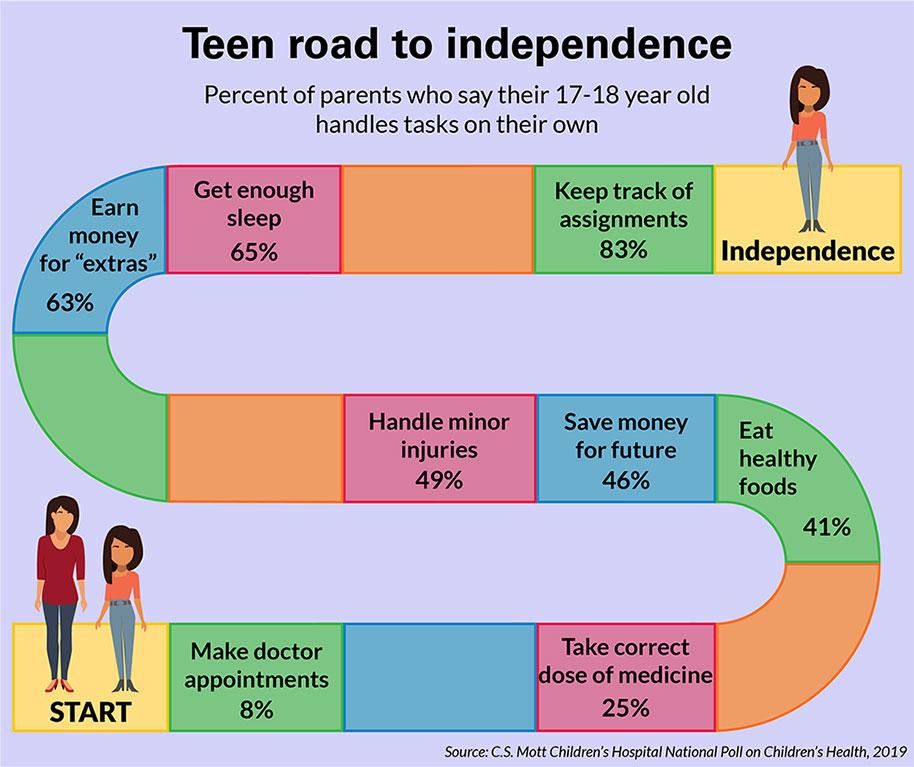The phenomenon of “Failure to Launch,” a term coined to describe young adults who struggle to achieve independence, has garnered significant attention in recent years. Many parents find themselves pondering the role they play in perpetuating this cycle, inviting the exploration of the concept from a familial perspective. The question arises: is the guide to navigating this tumultuous phase truly family-friendly?
A rich tapestry of interwoven expectations, cultural paradigms, and psychological nuances constitutes the backdrop against which this phenomenon unfolds. The essence of “Failure to Launch” often encapsulates the predicament where young adults—often referred to as “emerging adults”—struggle to transition into the responsibilities of adulthood. As they linger in the comfort of parental shelter, the ramifications can be as profound as they are varied.
It’s imperative to delve into the reasons behind this stagnation. Many are ensnared by an intricate web of external pressures. From soaring housing prices to a highly competitive job market, the modern landscape presents formidable challenges to autonomy. Young adults, endowed with aspirations yet constrained by economic realities, can find it difficult to embark on their own journeys. A holistic understanding encompasses these societal dynamics, positing that parental influence is but one thread in a complex fabric.
Yet, the role of parents remains undeniably pivotal. Well-meaning guardians often attribute their children’s hesitance to societal pressures. However, one must consider the flip side: could parental support, when rendered excessively, inadvertently become an obstacle? Such a phenomenon manifests in the form of over-dependence. By prolonging the safety net, parents may unintentionally stifle the requisite experiences that cultivate resilience and self-sufficiency. This raises an essential question about the appropriate balance between nurturing and empowerment.
Though one may argue that unconditional support is a hallmark of family-friendly dynamics, it is equally critical to foster an environment conducive to independence. Family structures ought to pivot from enabling behaviors to creating a scaffolding of encouragement towards responsibility. Gradual steps toward autonomy could be presented through chores, managing finances, and setting personal goals. All of these initiatives can ignite a sense of agency, engendering the confidence necessary to navigate the trials of adulthood.
Communication, too, is a cornerstone of this exploration. An open dialogue regarding aspirations, fears, and expectations can yield valuable insights. However, many families inadvertently leverage communication as a means to exert control rather than facilitate understanding. The delicate balance between guidance and autonomy must reflect a partnership dynamic. Parents should position themselves as mentors rather than managers, empowering their young adult children to articulate their desires and plan for their futures.
Moreover, the emotional landscape of this transition is rife with complexities. The experience of emerging adulthood is often laden with anxiety, a sentiment exacerbated by a perceived lack of direction or purpose. Thus, parents should cultivate an emotionally supportive atmosphere, one that embraces vulnerability while fostering resilience. By acknowledging the legitimacy of their children’s struggles, parents can create a sanctuary for growth rather than a stifling environment.
Simultaneously, it’s essential to recognize the role of external resources. A collaborative approach involving counselors, workshops, and peer groups can enhance the growth experience. Engaging with a community provides a broader context and additional perspectives, enabling young adults to discover their unique paths. Families that encourage external interaction often find increased satisfaction, as these connections can diminish the family’s weight of expectation.
Moreover, the cultural implications surrounding independence must not be overlooked. In various cultures, familial ties are augmented through collective living. Thus, the concept of launching into adulthood may manifest differently depending on sociocultural backgrounds. An awareness and appreciation of diverse perspectives can foster a more compassionate understanding of the “Failure to Launch” phenomenon. Rather than a stigma, some families view extended cohabitation as a form of support rather than failure, reshaping the narrative entirely.
Ultimately, the journey toward independence can and should be a family-friendly endeavor, punctuated by mutual respect and autonomy. It is paramount to understand that “Failure to Launch” does not denote an absence of potential but rather reflects a labyrinthine path that each individual must navigate in their own way. This nuanced perspective frames the experience as transformative, rather than as a mere parental obstacle to overcome.
In conclusion, embracing a family-friendly approach to the “Failure to Launch” dilemma entails a delicate equilibrium of encouragement, communication, cultural understanding, and emotional support. Parents play a crucial role, but they must recognize the values of autonomy, fostering a rich soil for their young adults to thrive. Addressing the systemic challenges alongside acknowledging individual aspirations may indeed serve as the compass guiding families through this intricate journey, ultimately transforming what once seemed an arduous endeavor into a celebration of growth and independence.

